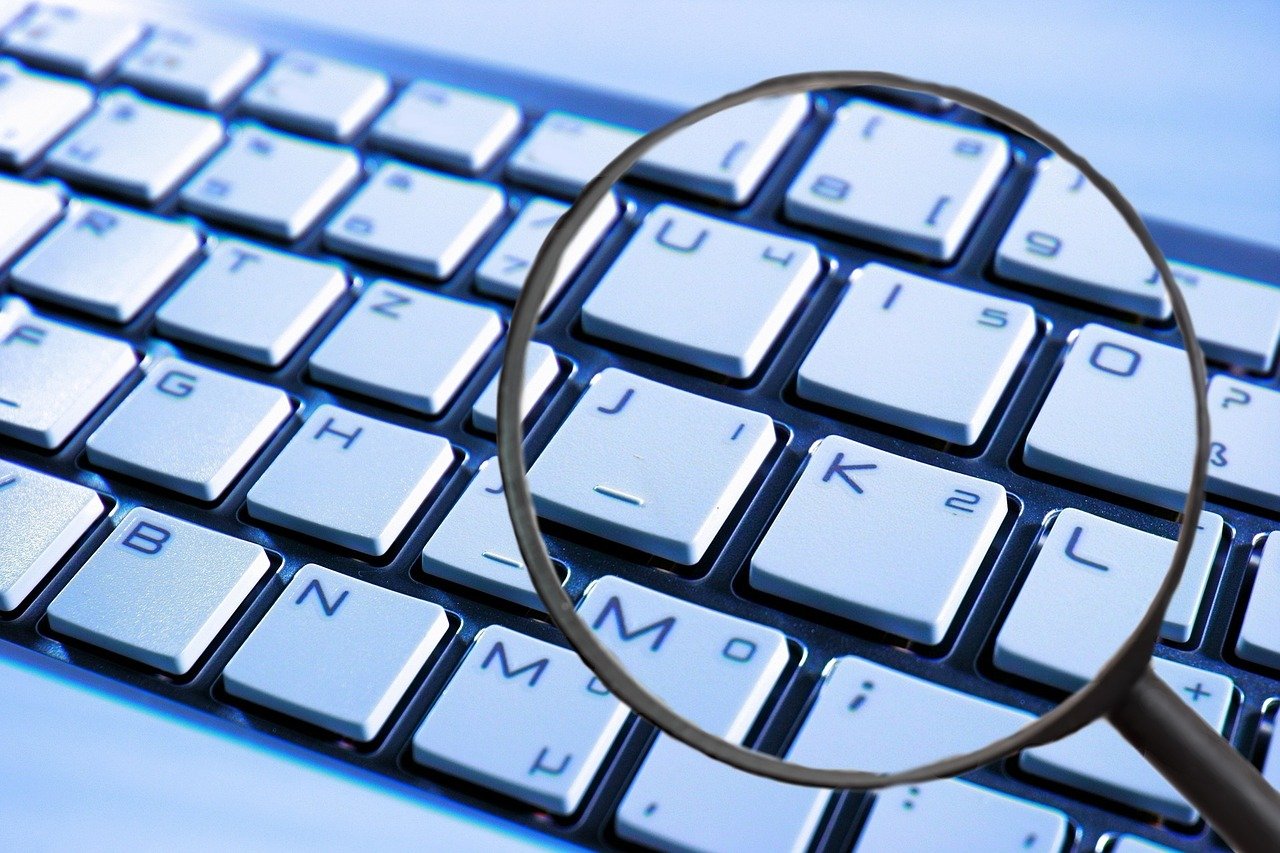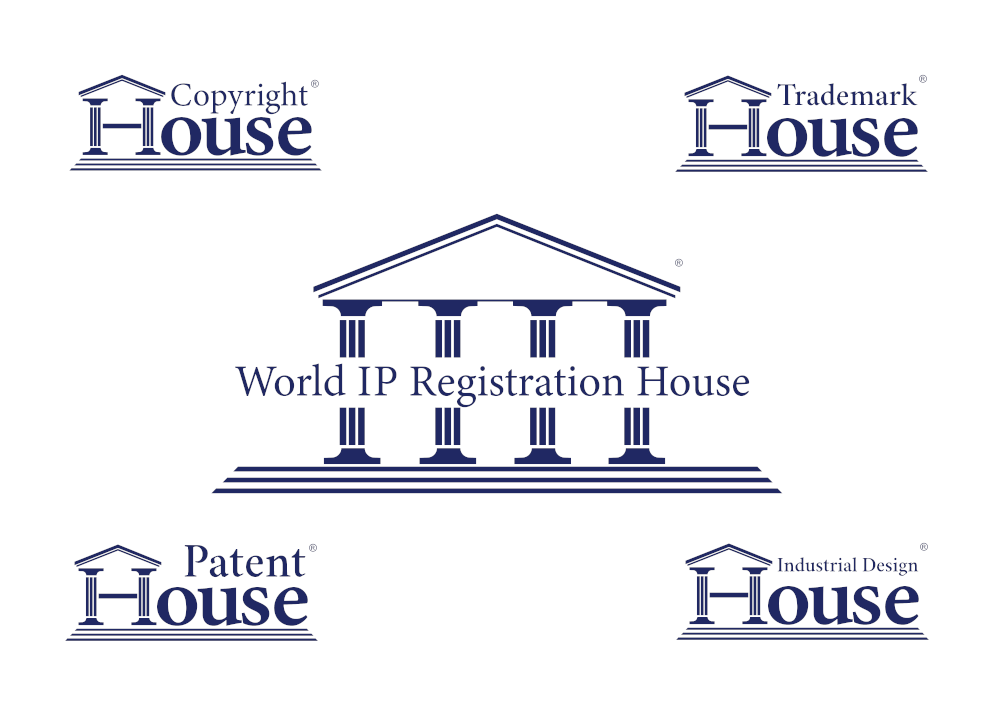It has become increasingly easy in our digital society for copyright infringement to take place.
With the ease and accessibility of copy and paste, copyright infringement can be as simple as an unsuspecting person stumbling across your image on the internet and reusing it, not realising that they first need permission from the creator.
It could also be someone deliberately lifting a piece of your work with the intention of plagiarising it and passing it off as their own.
While some materials can be labelled for reuse, and others require a fee to use, it is safe to assume that most works belong solely to the original creator, the copyright holder, who do not give permission for reuse in any way.
It is important to be aware of what copyright protects.
When an original piece of work is created, then the creator of that piece of work automatically becomes the copyright holder. This work cannot be used without permission of the copyright holder.
Some works were created with the intention of being for educational purposes, which means that they can be re-purposed or used in environments such as classrooms and libraries. These works are considered Fair Dealing and are not subject to infringement.
In short, copyright infringement occurs when someone uses your intellectual property -- your book, song, artwork, etc. -- without permission, and usually for their own gain.
What does this mean for your copyrighted work?
In some cases, people using materials that do not belong to them will attempt to claim credit for, and can even try to register the copyright of your work.
For this reason, it is important that you register your copyright as soon as possible so that your original work is protected.
Copyright House can act as an independent third party, keeping stored a dated copy of your work that can help to prove that you own the copyright to your intellectual property.
On the chance that you notice that someone has been using your work without permission, Copyright House will act immediately by first reaching out to the person using your work and asking them to cease use of it.
In most cases, the person using copyrighted materials without permission would take down the post after receiving notice, but if this does not happen and the person continues use of your work, then you can go to court.
In extreme cases involving financial losses and commercial use of copyrighted work without permission from the owner, copyright infringement can be a serious criminal offence.
Registering your copyright before publication is extremely important and can help you to avoid the stress of seeing your work being used for someone else’s gain.
Disclaimer: The information given on this website does not constitute legal
advice. We recommend that you seek specialist legal advice in accordance with specific circumstances.




[…] Google defended their use of the code and API, on August13 2010, Oracle sued Google for patent and copyright infringement,insisting that Google had no right to use […]
[…] you do not adhere to the rules regarding the content usage, then you may well be infringing upon the creator’s […]
[…] Fair use, or fair dealing (as it is referred to in the UK and for the remainder of this article), is an exception to copyright law which means that copyright protected work can be reused under specific circumstances without risking copyright infringement. […]
[…] There are simply too many fans of the works to stop every one of them from getting a tattoo which may be in infringement of copyright. […]
[…] became aware of a card company using his designs (in particular, his 'Flower Thrower' design) without his permission. What followed was a high-profile trademark/ copyright dispute which, ultimately, didn't work out […]